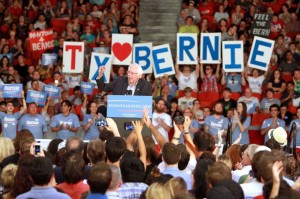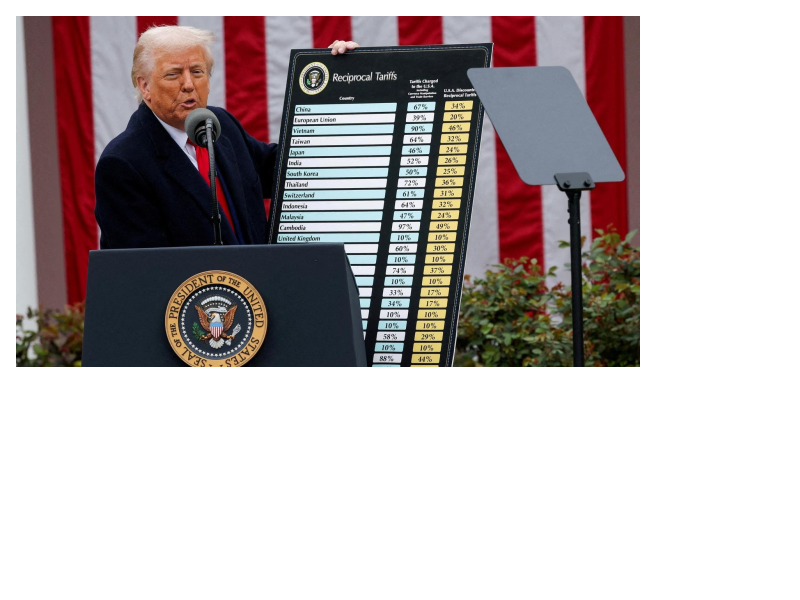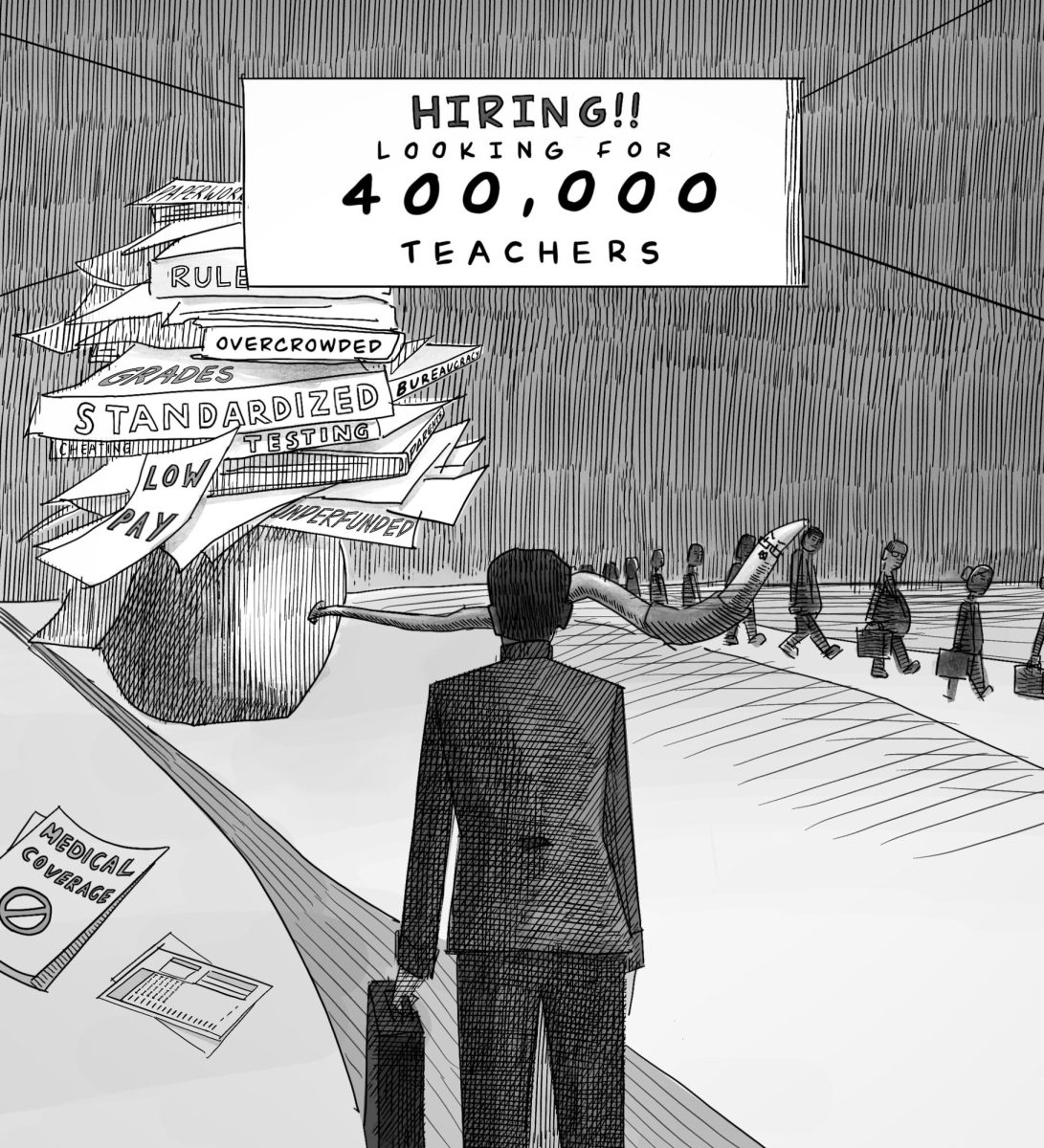The liberal case against Bernie Sanders
By Michelle Huang | Staff Writer
Bernie Sanders is more popular than the rest of the the rest of the 2016 presidential field, let alone most 74-year old white men from Vermont, even dare dream of being. Ever since he announced his presidential bid, the Democratic candidate has amassed a youth following that vastly outnumbers that of his fellow candidates. A November NBC survey reports that 54 percent of millennials are likely to vote for Sanders, whereas only 26 percent are likely to vote for Clinton; the GOP are polling even lower. The main factor behind his political rise is his so-called radical platform–he supports raising the minimum wage, making college tuition free, and enacting universal healthcare. However, even though Sanders’s supporters embrace him as a champion of liberal ideals, he’s too far from a radical leftist to deserve the title.
Bernie Sanders purports to be a democratic socialist. In reality, he is anything but. The political ideology of democratic socialism necessitates a struggle to build a socialist economic system through democratic consensus. Sanders, in contrast, is a liberal reformist, working within the system while supporting progressive changes that merely act like band-aids on a wound.
Even as a reformist, his policy platform is dismal. Since he has failed to release a cohesive economic plan, his campaign website lists a series of proposals instead–none of which are particularly radical. He promises to create “a progressive estate tax on the top 0.3 percent of Americans,” “increase the federal minimum wage from $7.25 to $15 an hour by 2020,” “lifting the cap on taxable income above $250,000,” and “making it easier for workers to join unions.” The most extreme policies that he supports are making college tuition free and breaking up banks that are too-bank-to-fail.
Assuming that his proposed policies go into effect, the vast majority of them would have a shallow impact. Inequality is institutional and deeply entrenched in today’s society. For example, the New York Times recently released an exposé detailing the sophisticated tax-avoidance system that wealthy Americans have created. In the face of this tax-avoidance system, which is but one aspect of institutionalized inequality, Sanders’s increased tax cap does nothing to enable wealth redistribution. Until the system itself is fundamentally reformed, the rich will always find enough lobbyists and corrupt politicians to alter the tax code for their own benefit. In interviews with the media, Sanders claims that he has and will bring forth legislation to address tax havens, corporate tax breaks, and the like. But by working within the system, he has essentially killed off attempts at reform, since any law that is actually passed under a Sanders presidency would have to first survive congressional gridlock.
Furthermore, his estate tax does little to stop capital from being passed down across generations. Even if it does make a slight dent in the amount that the rich inherit, the difference would be marginal at best. Lastly, Sanders support raising the minimum to 15 dollars, but only over a gradual period of time, until the end of 2020. If he claims that the current minimum wage is far from a living wage–which he has–he is willingly allowing millions to suffer in poverty. A living wage itself would still be inadequate, as it leaves working conditions and worker exploitation completely unaddressed. Bernie Sanders’s vision of the future looks disturbingly similar to today’s America.
Income inequality is the centerpiece of Sanders’s campaign, yet despite his widely publicized tirades against Wall Street, his actual policies don’t hold up under scrutiny. This irony extends to his overall campaign. Compared to Hillary Clinton, Bernie Sanders is too left-of-center to win the Democratic nomination, his performance in the polls notwithstanding, but he isn’t extreme enough to lead the political revolution that he so often speaks of. The bottom line is, Bernie Sanders is practically doomed to fail. That is precisely why he has the freedom to dare to propose more radical policies, such as free college education. The problem isn’t that he’s too extreme to win the nomination; the problem is that in not being extreme enough, he does true socialists a disservice.
Proponents may argue that Sanders’s bid is important because of the principal of the matter. The fact that any presidential candidate is speaking candidly about racial justice, income inequality, and equal rights is indeed notable, and ought to be applauded. Nonetheless, if Sanders intends to embody extreme liberal ideals, he could do much better than to flout his current platform. Like it or not, Bernie Sanders is a protest candidate. As a protest candidate, he has the opportunity to rally those who are dissatisfied with or disenfranchised by today’s society around an alternative to the two-party system. Sanders had the opportunity to foster a revival of socialism among voters. He had the opportunity to expose the mechanism of today’s broken system and rebuild our oppressive institutions.
Instead, Sanders is bringing voters back to the Democratic party and back to mainstream politics. His platform is little more than smoke and mirror, yet he has his supporters convinced that it will genuinely bring about change. Ironically enough, by seemingly opposing capitalism, he enables it to survive.
Bernie Sanders is right on one count: America desperately needs to be reformed. His populist platform may have won him supporters, but should his policies pass, they will not wake up to the America that he’s promised.











